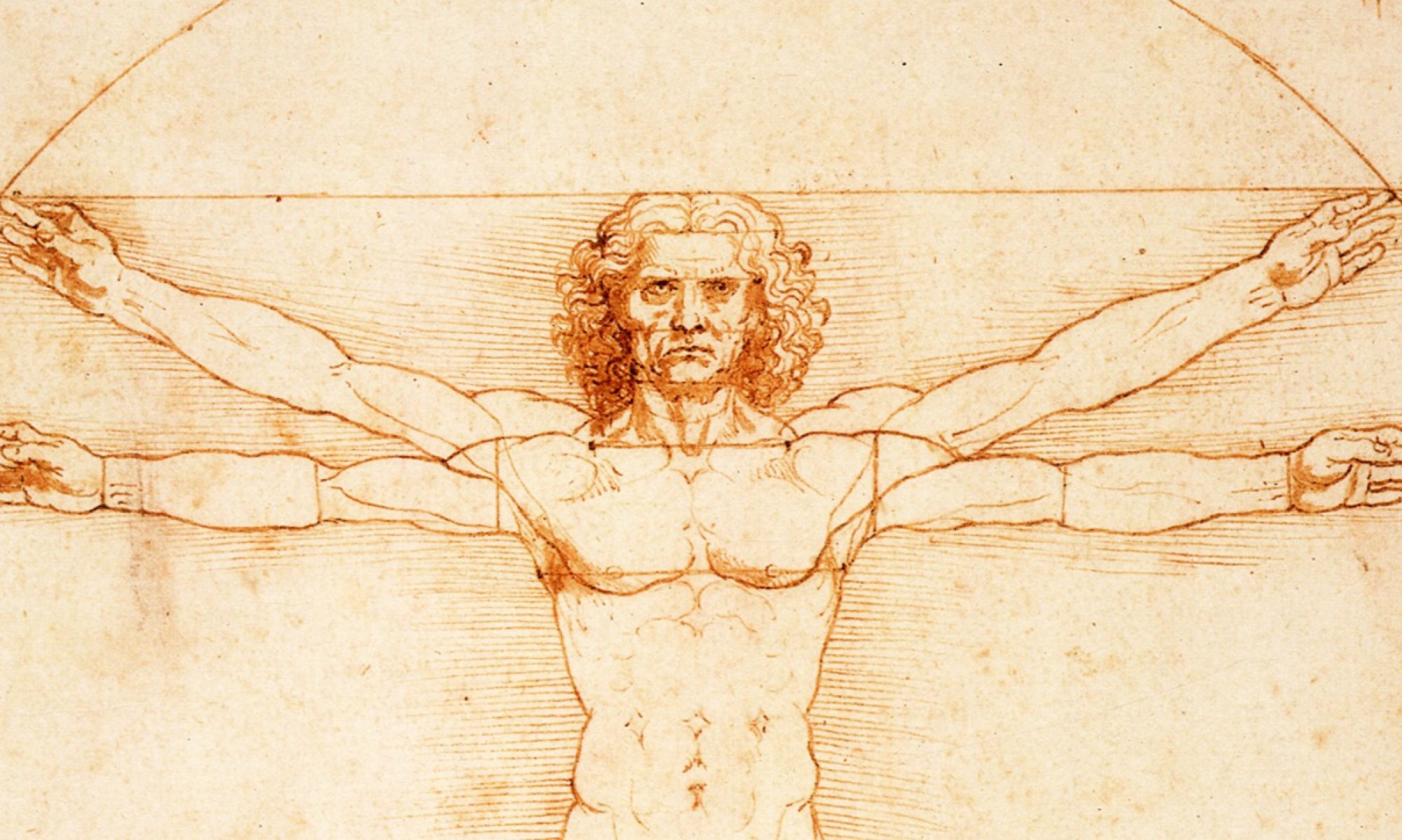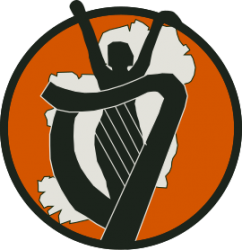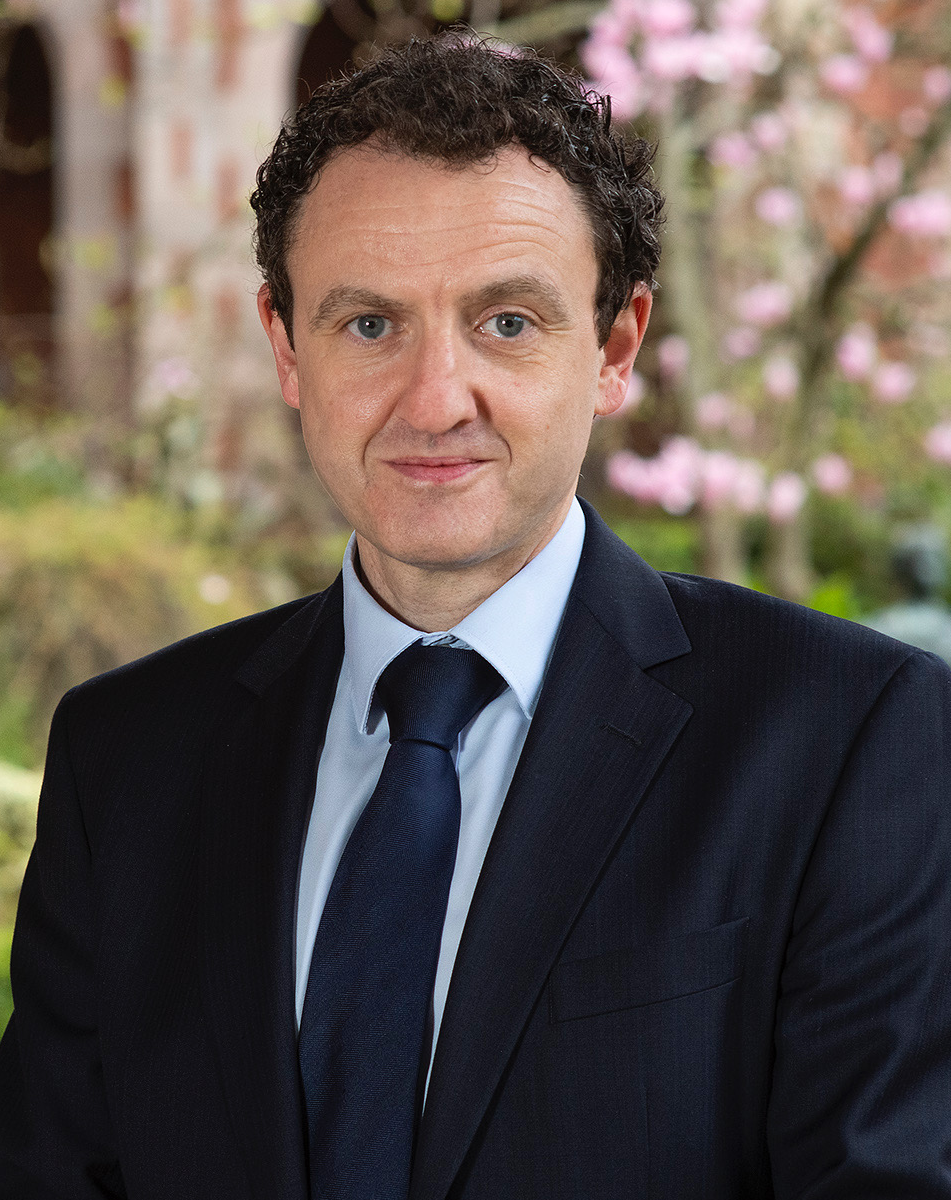About this author:
I am a sovereign of Ireland; I look to the Republic proclaimed in March 1867.
I am a member of the largest political movement on the island of Ireland, and of the largest Humanist group in the 26 Counties; I have been on the Ard Comhairle of one and the Board of Directors of the other.
I am also a member of both all-island Humanist groups, the Irish Freethinkers and Humanists, and of Humanism Ireland; I am a voluntary director of the latter.
I am registered to vote for candidates for both Houses of the Dáil Éireann of the Republic of Ireland.
Contribution:
1) The Republic of Ireland ultimately, by it’s own foundation document, has no Natural authority. In the end, it must rely on the threat of imprisonment or violence for governance.
This is because the foundation document, the Constitution of Ireland, explicitly claims as the source of all State authority a manufactured Roman tri-partite male god. Such god has not been shown to exist, in any composition or gender, nor is there historic proof of such existence.
The Constitution furthermore ends with confirmation that the joint purposes of it are glorification of the god referenced previously, and the honour of an Ireland possessed of the true social order satisfying the man-mediated values of that god.
Any without the same views or the same aims is therefore morally justified in being selective in their support.
The Constitution therefore has no Natural authority, and is not physically binding on sovereigns, humanists, or free-thinkers generally, save ultimately on the threat of imprisonment as stated.
To render the Constitution surplus, one merely has to genuinely not believe in that same god. The laws standing thereon, fail; where there is no transgression of what is commonly called the Golden Rule, prosecutions based on those laws then become competition between moralities.
The remaining force of implementation is the same as from the imperial power that the Republic of Ireland asserts it displaced.
2) Further, jurists upholding and operating that Constitution, and interpreting the legislation built thereon take an Oath to that god. Any interpretation of legislation – which legislation being itself fruit of a poisonous tree – by such jurists is inherently biased, and their discernment dubious.
Defence of such jurists based on their beliefs, even or especially if sincerely held, must fail by corollary to a society governed by legislation constructed on the basis of supporting values that assert reindeer as flight-capable, no matter how sincerely held such belief may be.
Where the natural Rights of Man conflict with a construct lacking Natural authority, the construct must yield; Man must decide for them-self, again subject to the Natural authority of “do unto others as unto oneself”, that being common to almost all codified moralities.
3) The articles dealing with religion and education in the Constitution excessively defer to the religion of the parent, and the beneficial operators of religions generally.
However, children are not born with a religion.
All children are born agnostic, if not atheist, and must be trained to declare themselves otherwise.
That the State established upon that Constitution not only permits, but is interpreted as being obliged to fund, the training of children to adopt a different religion is problematic.
Religion and morality are not automatically equivalent; children are taught that the latter follows automatically from the former though evidence contradicts that position.
Allowing such deference to religions in education, via a Constitution, prolongs into each generation the problem of separation of Church and State, since it is the latter that funds the indoctrination in favour of the former.
4) As long as there is excessive deference to one religion and any morality arising there from, and that excessive deference is indoctrinated into children from before they may form their own critical thoughts, the southern State cannot progress.
As long as the guiding principles and values of both states on the island are formed based on the religions most prevalent in each, rather than being based on a common morality and explicitly not on any religion, the people of the island cannot progress.
An explicitly Secular Constitution is required, incorporating a bill of rights.
5) The Protestant and Catholics have tried; now is the time to listen to the Dissenters.


